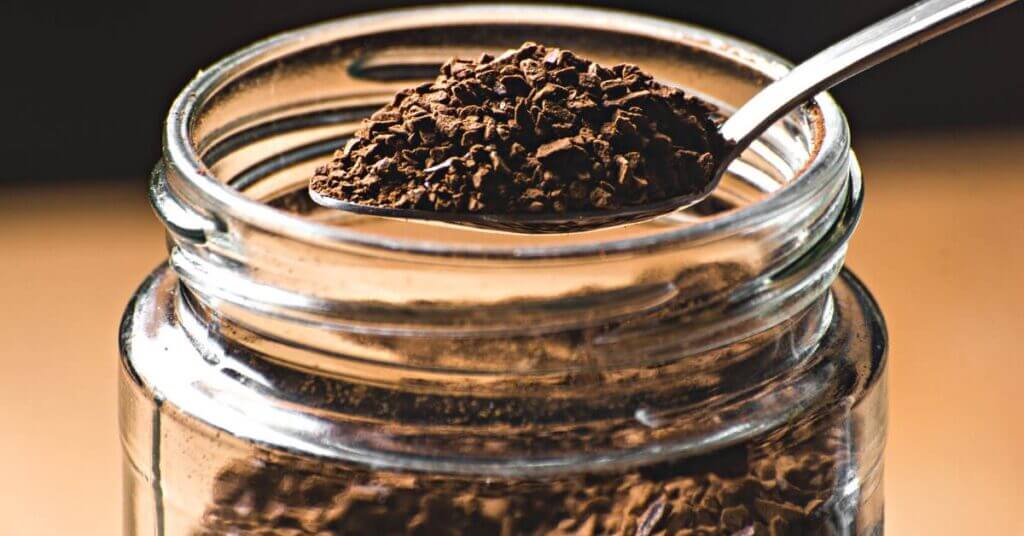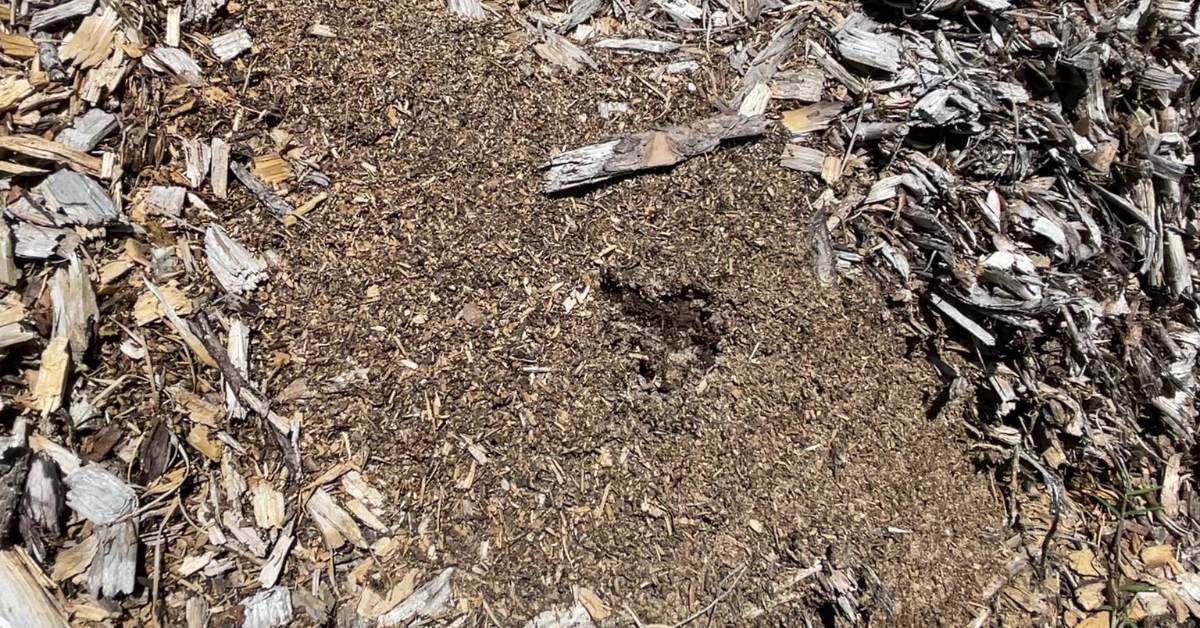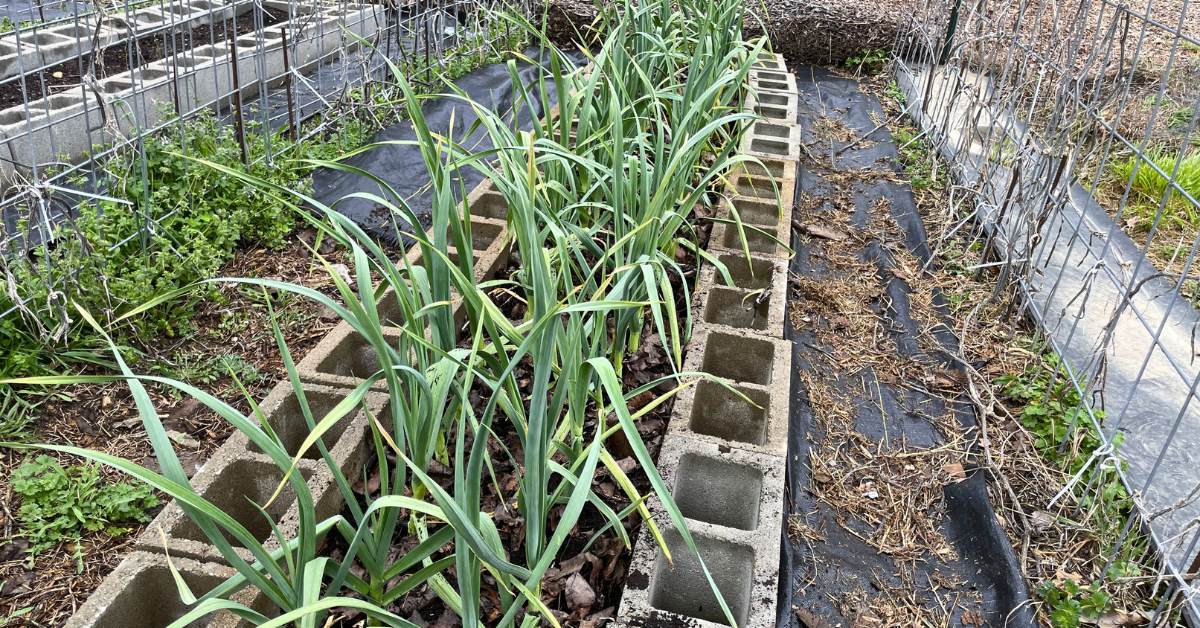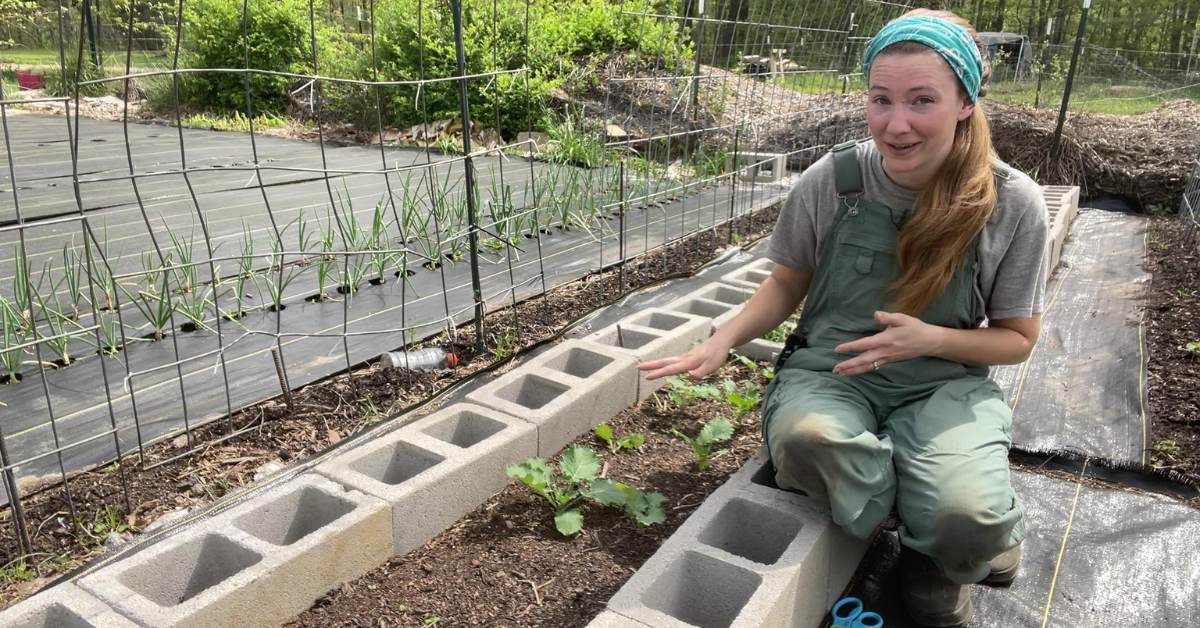Instant coffee is certainly convenient, and that’s why many people choose to store it long term over other forms of coffee.
Still, if long-term storage is your goal, whole coffee beans may be better.
Let’s discuss why.
Does Instant Coffee Go Bad?
Instant coffee has earned its spot in the hearts of many coffee aficionados. It’s the go-to for those mornings when time seems to sprint.
Compared to its brewed counterparts, instant coffee is lauded for both its ease of preparation and its seemingly long shelf life. Yet, that “never go bad” belief isn’t quite accurate.
While it may outlast the ground coffee sitting on your shelf, it’s not impervious to decline. Factors like air and moisture are notorious for degrading its quality over time.
Despite its convenience and longer shelf life, instant coffee can indeed go bad if not stored properly or kept too long.
How Long Does Instant Coffee Last Once Opened?
Experts agree, as a general rule, that instant coffee stays fresh and vibrant for up to four months post-opening. However, the story doesn’t end there.
Air, moisture, and light? They’re like kryptonite to your coffee’s superpowers.
These culprits sneak in and start to degrade the granules, cutting the shelf life of coffee short. In this case, the best offense is a good defense.
Store your instant coffee in a tight, opaque container far from any heat sources. The goal? To maintain its original state as long as possible. Keeping it in a cool, dark, and dry spot will help protect against staleness.
FREE FOOD STORAGE PLAN!

Does gathering and storing a year’s worth of food for your family seem overwhelming and unachievable?
Make it easy with our step-by-step plan. Subscribe to our weekly newsletter & we’ll send it to you FREE!
Shelf Life of Instant Coffee vs. Ground vs. Whole Beans
Many assume instant coffee holds an eternal shelf life—a myth far from reality. Instant coffee, ground coffee, and whole beans follow distinct degradation paths, influenced heavily by their processing.
Instant coffee, which is dehydrated then processed into a powdered form, surprisingly does not win the longevity race. It might seem counterintuitive given its processed nature but, when exposed to air, moisture, or unfavorable conditions, its flavors can fade faster than whole coffee beans.
That’s because whole beans’ flavors are locked within their structure, releasing their potential only upon grinding.
Ground coffee, vulnerable after its beans have been fragmented, lasts longer than instant coffee but not as long as whole beans.
Essentially, whole beans maintain their freshness the longest under proper storage conditions.
As you can see, the type of coffee plays an important role in estimating shelf life.
How to Store Instant Coffee to Maximize Its Shelf Life
The best way to store your instant coffee is in airtight containers. They have saved many a coffee lover from the despair of stale coffee!
Prices pulled from the Amazon Product Advertising API on:
Product prices and availability are accurate as of the date/time indicated and are subject to change. Any price and availability information displayed on [relevant Amazon Site(s), as applicable] at the time of purchase will apply to the purchase of this product.
Store that airtight container in a cool, dry place, and you’ll extend the shelf life even further.
Keep in mind that direct sunlight and high temperatures can degrade even the best quality coffee beans, leaving you with an unpleasant taste (or no taste at all).
Remember, the enemies of fresh coffee are heat sources, moisture, and oxygen. By avoiding these, your instant coffee will not only stay in peak condition for a long time but also retain its best flavor, making every cup you brew taste like it was meant to.
Should Opened Instant Coffee Be Refrigerated?
You popped open a jar of instant coffee a couple of weeks ago, and since then, it’s been living on your countertop.
Now, you’re wondering: “Should I have refrigerated this?”
First off, refrigeration promises a cool, constant environment, which sounds perfect for thwarting the enemies of instant coffee—heat, light, and moisture.
But … maybe you’ve heard the saying: “Keep your coffee cold to keep it bold.”
It’s a catchy phrase, but it isn’t true. When you put instant coffee in the fridge, you introduce fluctuating moisture levels every time the door swings open.
Moisture harbors bacteria and molds—not to mention it can twist the taste of your coffee into something unrecognizable.
On top of that, instant coffee is notorious for taking on the odor of nearby items. So, if you store it in the fridge, your coffee might end up tasting like last night’s leftovers.
The solution seems simple—an airtight container, right? While it can protect against many fridge woes, it’s not an impenetrable fortress.
You’re better off storing coffee in an airtight storage container in a cool, dark place away from direct sunlight and moisture—outside the chilly confines of your refrigerator.
This method ensures your coffee retains its best taste without falling victim to its flavor-distorting neighbors in the fridge.
How Can You Tell if Instant Coffee Is No Longer Good to Drink?
It can be tricky to determine if your jar of instant coffee still promises a delightful cup of black coffee or has turned into a breeding ground for bacterial growth is crucial.
Instant coffee can go bad but, thankfully, it’s pretty apparent when it does.
First, an unpleasant smell is a dead giveaway. Fresh coffee will have a robust, appealing aroma. If your coffee granules start emitting an off scent or no smell at all, they’re likely past their prime.
Next, look for a change in appearance. Fresh beans and coffee granules should maintain a consistent look. If you notice any signs of mold or the coffee has clumped together due to moisture content, it’s time to discard it.
These visual cues indicate that the coffee has been exposed to moisture and improper storage conditions, leading to mold growth.
If you brave a sip and the coffee harbors a bitter taste or just doesn’t taste right, trust your palate. Over time, exposure to air and moisture can cause coffee to oxidize and deteriorate in quality.
Ways to Use Expired Instant Coffee
From the garden to your craft table, outdated coffee can actually be useful. If you find a jar of instant coffee that’s past its expiration date, here are some ways you can be put it to good use.
- Gardening: Did you know those old coffee grounds are gold for your garden? They add nitrogen to the soil, enhancing plant growth. Mixing them into compost or directly into the soil around plants will help keep your plants looking lush.
- Odor Absorption: Unpleasant smells in your fridge or car? Place a bowl of expired instant coffee granules in these spots. Its powdered form works wonders in neutralizing odors.
- DIY Craft Projects: Expired coffee is perfect for staining wood, adding a vintage feel to crafts. It’s also great for infusing homemade candles and soaps with a touch of the coffee scent.
- Exfoliation: Combine past-its-prime instant coffee with a bit of coconut oil for a natural, refreshing body scrub. The gritty texture will help slough off dead skin cells.
See, coffee past its expiry date isn’t all that bad lol. Old coffee just might have more to offer than early morning caffeine kicks!










